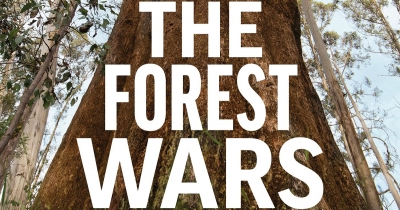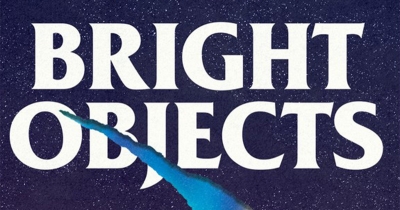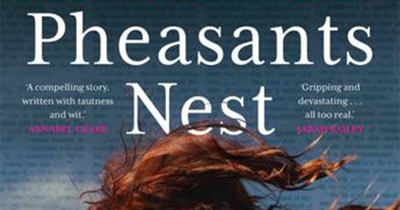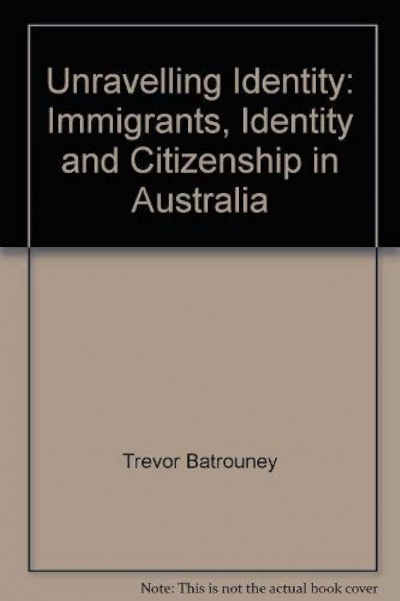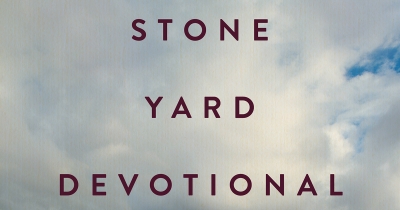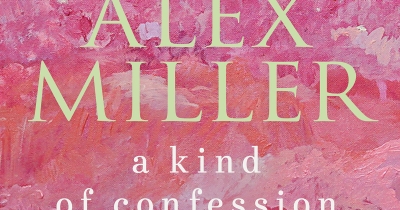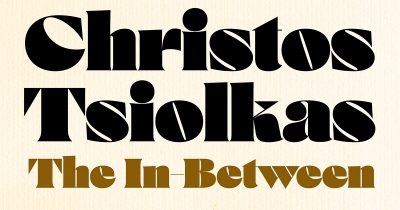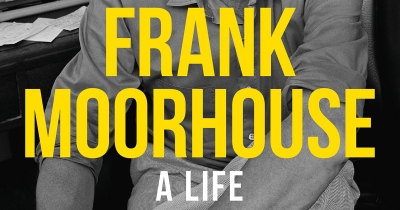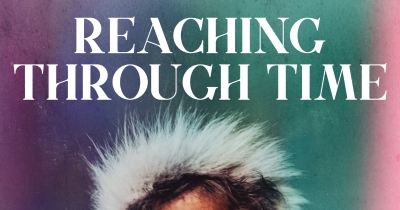Allen & Unwin
Forest Wars: The ugly truth about what's happening in our tall forests by David Lindenmayer
by Dave Witty •
Peter Mares reviews 'Unravelling Identity: Immigrants, identity and citizenship in Australia' by Trevor Batrouney and John Goldlust, and 'Borderwork in multicultural Australia' by Bob Hodge and John O'Carroll
by Peter Mares •
I witnessed Australia’s inglorious exit from the World Cup in a packed Balmain Rugby Leagues club. Many in the crowd were sporting green and gold, and when it came time for the pre-match national anthem, the crowd rose almost as one to join in a well-oiled and full-throated rendition of Advance Australia Fair. I was glad that my ...
A Kind of Confession: The writer's private world by Alex Miller
by Brenda Walker •
The Eagle in the Mirror by Jesse Fink & My Mother the Spy by Cindy Dobbin and Freda Marnie Nicholls
by Michael Sexton •
Reaching Through Time: Finding my family's stories by Shauna Bostock
by Jacinta Walsh •

